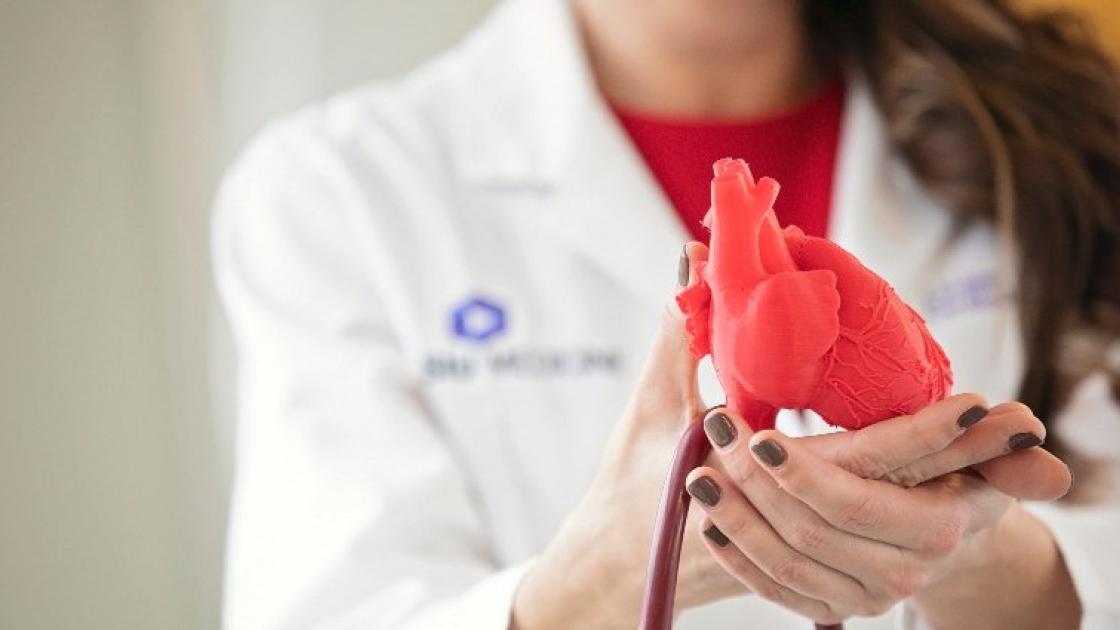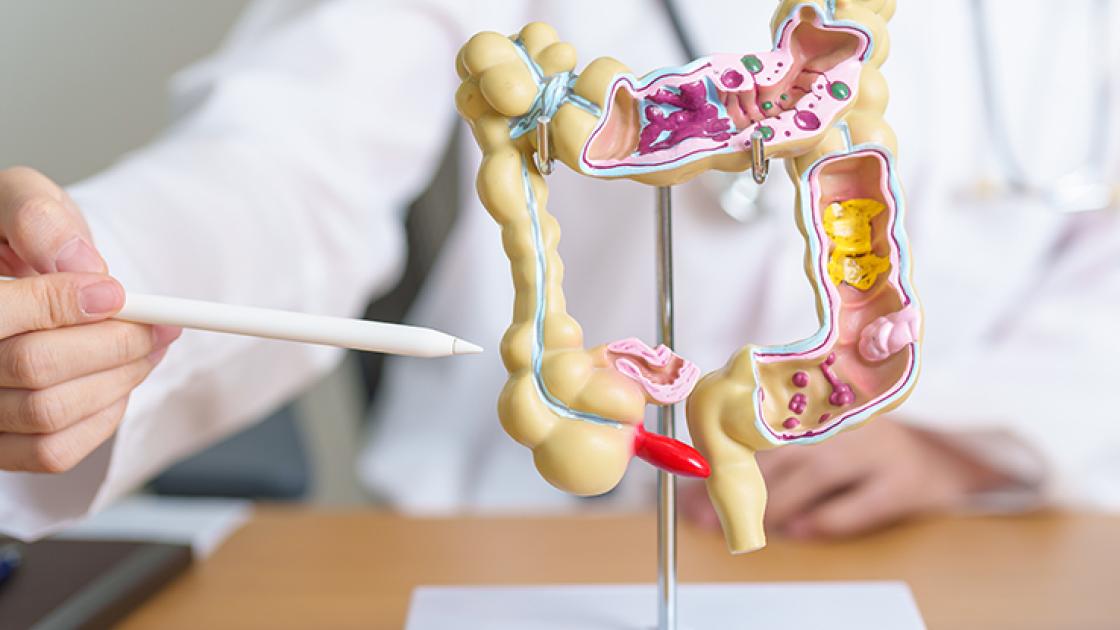
Take heart: know the warning signs of cardiovascular disease (CVD)
World Heart Day is September 29. SIU Medicine encourages you to celebrate World Heart Day with some simple but effective acts to improve your health. Schedule a check-up with your doctor, do something heart-healthy (such as exercising or making a whole foods, nutrient-dense meal), or talk to your loved ones about the warning signs and risk factors of unhealthy heart conditions, collectively known as cardiovascular disease.
Cardiovascular disease (CVD) is the leading killer of men and women in most parts of the world. Sadly, one American dies of heart disease every 37 seconds, according to the Centers for Disease Control and Prevention (CDC). By learning more about CVD and its early warning signs, you could save your life or the life of a loved one.
What is CVD?
Cardiovascular disease is a broad term used to describe a number of different conditions that can affect a person’s heart and blood vessels. These conditions include:
- Angina (coronary artery disease)
- Heart attack
- Stroke
- Heart failure
- Peripheral arterial disease (PAD)
- Heart valve problems (e.g., mitral valve regurgitation)
- Arrhythmias (abnormal heart beats)
Important risk factors for CVD include high blood pressure, high cholesterol, atherosclerosis (hardening of the arteries), smoking, diabetes, obesity, unhealthy diet, sedentary lifestyle, a family history of CVD and excessive alcohol consumption. Some people are born with conditions, known as congenital heart defects, which may lead to heart and blood vessel problems from birth or later in life.
Anyone can develop CVD, so it's important that we all know about its warning signs and symptoms.
CVD warning signs
Because the health and function of the heart and blood vessels impact the entire body, signs and symptoms of cardiovascular disease can affect multiple body parts and tissues and present in multiple different ways. Signs and symptoms may be very different from person to person, and can change depending on the underlying type of CVD condition a person is living with.
Here are a few important warning signs of CVD to know:
- Chest pain
- Chest pressure and discomfort (angina)
- Pain in the neck, jaw, throat, abdomen or back
- Shortness of breath, even at rest
- Pain, coldness, weakness or numbness in an arm or leg if the blood vessels to that limb are narrowed
- A feeling of fluttering or jumpiness in your chest
- Racing heartbeat or very slow heartbeat
- Lightheadedness, dizziness or feeling like the room is spinning
- Fainting (syncope) or near fainting
- Swelling in the legs or feet
- Fatigue
It's important to realize that many types of CVD don't cause any early symptoms in their development. By the time a person notices breathlessness, occasional chest pain or frequent fatigue, the underlying heart or blood vessel condition may have already progressed for months or years. Even in asymptomatic stages, however, doctors can still often diagnose CVD and provide treatments to slow its progression and prevent symptoms.
That's why it's so important to consult with a doctor for routine screenings and check-ups, especially if you have underlying chronic health conditions or other risk factors.
Love your heart and prevent CVD!
CVD can be prevented through healthy lifestyle choices. The tried and true steps include managing your stress, improving your diet, exercising more, quitting smoking and maintaining an ideal bodyweight. Our team at SIU Medicine can help you find the tools to make these important yet sometimes challenging lifestyle changes. At the same time, we're blessed to have access to some of the areas most advanced clinicians, providers and specialists who can provide advanced CVD diagnostic and treatment services for better outcomes if you're currently living with a form of heart disease.
Contact us today at 217-545-8000 to schedule an appointment with a heart doctor or specialist near you.




